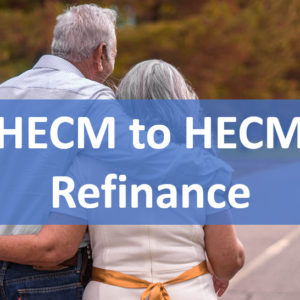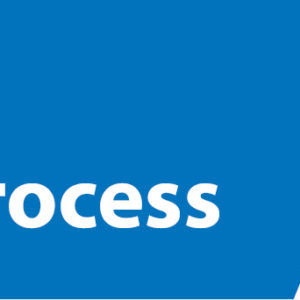Delaware Reverse Mortgages – Common Misconceptions

Delaware Reverse Mortgages – Common Misconceptions
Delaware Reverse Mortgages allow seniors to use the equity in their home to make up for short falls in cash flow during retirement years or to eliminate a mortgage payment and free up cash flow. Reverse Mortgages can be a very useful financial tool in the right situation. Some of the most common misconceptions regarding getting a Delaware Reverse Mortgages are outlined below. Below are some false impressions followed by Delaware Reverse Mortgages program facts. Call 302-703-0727 to get more information or to apply for a Reverse Mortgage or APPLY ONLINE

“The borrower could owe more than the value of their home.”
Reverse mortgages are “non-recourse” loans, which means that the borrower, the borrower’s heirs, or the borrower’s estate can never owe more than the appraised market value of the home at loan maturity. The estate can simply sign the deed over to the reverse mortgage lender if it is determined that the current balance on the reverse mortgage is higher than the appraised value of the home.
“The Delaware reverse mortgage lender takes the title of the borrower’s home.”
A reverse mortgage is simply a lien against the property just like a forward mortgage so the lender does not take the title of the home. The borrower will retain ownership of the property and the mortgage lender just has a note and mortgage on the property.
“The borrower can be evicted from their home by the Delaware reverse mortgage lender.”
A reverse mortgage loan is not due and payable until the home is no longer occupied as the borrower’s primary residence. Even if the borrower has used up all of the funds available, they do not have to leave or sell the home. However, they are required to keep the home insured, pay the property taxes and maintain the home in good condition. Failure to meet these obligations could result in a default on the borrower’s reverse mortgage loan and possibly even foreclosure or a tax sale of the home.
“The Bank Will Take the Home upon the Death of the Last Borrower”
When the last borrower on the Reverse Mortgage passes away, the property will enter probate. The beneficiaries can either refinance the balance of the reverse mortgage, retaining ownership in the home, or they can sell the property and repay the balance of the Reverse Mortgage and the remaining equity belongs to the estate.
If you need help with understanding if a reverse mortgage is right for you or need help obtaining a reverse mortgage, please feel free to contact a Reverse Mortgage Loan Specialist on the John Thomas Team at 302-703-0727 or send me an e-mail to johnthomasthomas@primeres.com. You can also APPLY ONLINE for a Delaware Reverse Mortgage.
John R. Thomas – NMLS 38783
Certified Mortgage Planner – Primary Residential Mortgage, Inc.
302-703-0727 DE Office / 610-906-3109 PA Office / 410-412-3319 MD Office
248 E Chestnut Hill Rd, Newark, DE 19713
#ReverseMortgage
#DelawareReverseMortgage
#DEReverseMortgage



